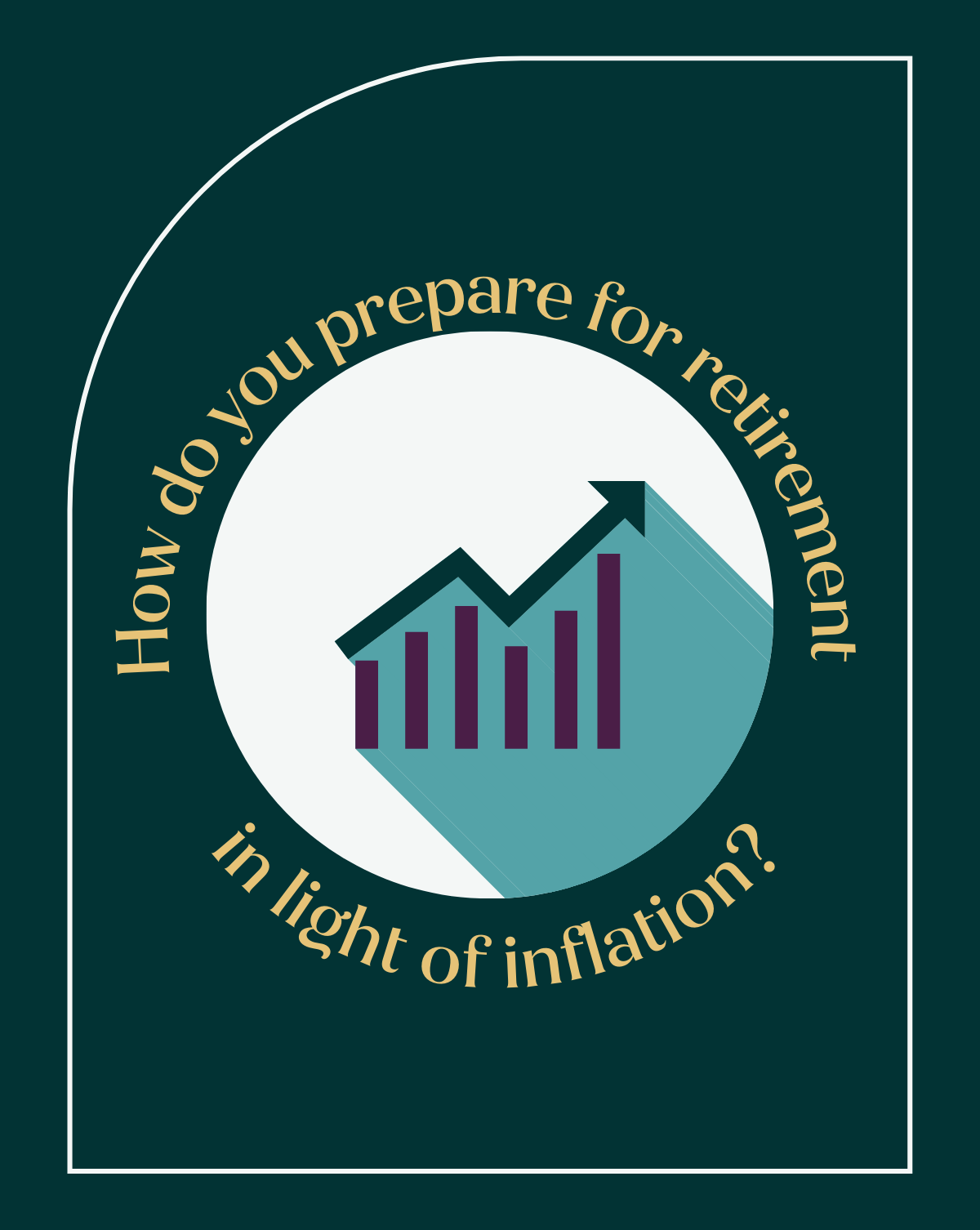
We’ve seen higher inflation recently than we’ve seen in years. This July, the Consumer Price Index rose 8.5% as compared to last year.
What does an inflation rate of 8.5% mean? It means if you spent $100 last year on basic expenses, it now costs you $108.50.
The last time inflation was this high was the late 1970s and early 1980s. Spending categories like groceries and housing are especially hard-hit.
Given this environment, what can you do as a saver and investor to keep your retirement on track?
Invest In Equities
A key component of fighting inflation is to keep what you need in cash, but no more. As of June 21, 2022, an average bank account will only return 0.08% APY. With inflation rates almost 10x that amount, you can see that it pays to have money invested rather than in a savings account.
You do want to make sure you are only investing what you plan to invest for the long haul. In a volatile market, you need to keep cash on hand for anything you plan to purchase soon.
If you plan to use the funds later, however, getting those dollars invested in equities for a long period should help your money keep up with inflation.
Pay down Variable Rate Debt like Credit Cards
If you have a variable rate loan, consider paying down your loan before the payment becomes unmanageable. The Federal Reserve is raising the cost of lending to manage inflation. This means your credit card rates will also increase. You might also have a large variable rate loan for your student loans or your mortgage. These interest rates will also increase.
When you have a big debt, a small change in interest can make a huge change in the monthly payment. You could go from managing your debt to suddenly not being able to pay the bills. Your payment can spiral into something that becomes very difficult to pay every month.
See if you can refinance to a fixed rate loan if possible. Try to pay off variable rate loans with smaller balances to free up your dollars for monthly bills. You can also pay down variable loans and then try to re-cast, i.e. get the payment adjusted to be a smaller monthly payment according to your new balance.
Understand Your Retirement Number
As a saver and investor, the amount you need to retire will shift as your expenses increase. If you are actively saving, this gives you a chance to make sure that you do have enough tucked away. Retirees on fixed incomes are the hardest hit by inflation. You want to make sure that you are truly ready when you walk away from your career.
As a financial planner, I can help you understand exactly what you need to save so you can retire when and how you want.